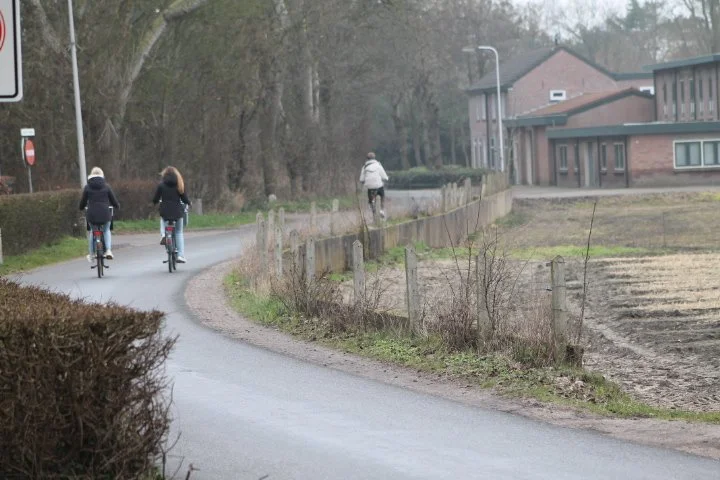Participles (Part 2) Verbs Forming Tense
Participles are basically a sub-category of a verb and they do specific things. In the last article, I showed how they can act as adjectives. Now we will see them as verbs.
They come in two forms, past and present. Present participles always end in “ing”. Past participles end in “d” or “ed” or some irregular forms as well. One last thing to note is that both combine with forms of either “to have” or “to be” to form tense.
Let’s look at some examples.
The ducks were swimming in the water. (Swimming here is the present participle combined with the past plural form of “to be” to form the past tense)
Three people are riding away on their bikes. (Riding is the present participle combined with the present plural form of “to be” to form the present tense)
He had anchored his tent on the beach. (The past participle “anchored” is combined with “had”, the past form of “to have” to make the past tense)
If you have any questions leave a comment or send me an email at doug@English-With-Doug.com.
